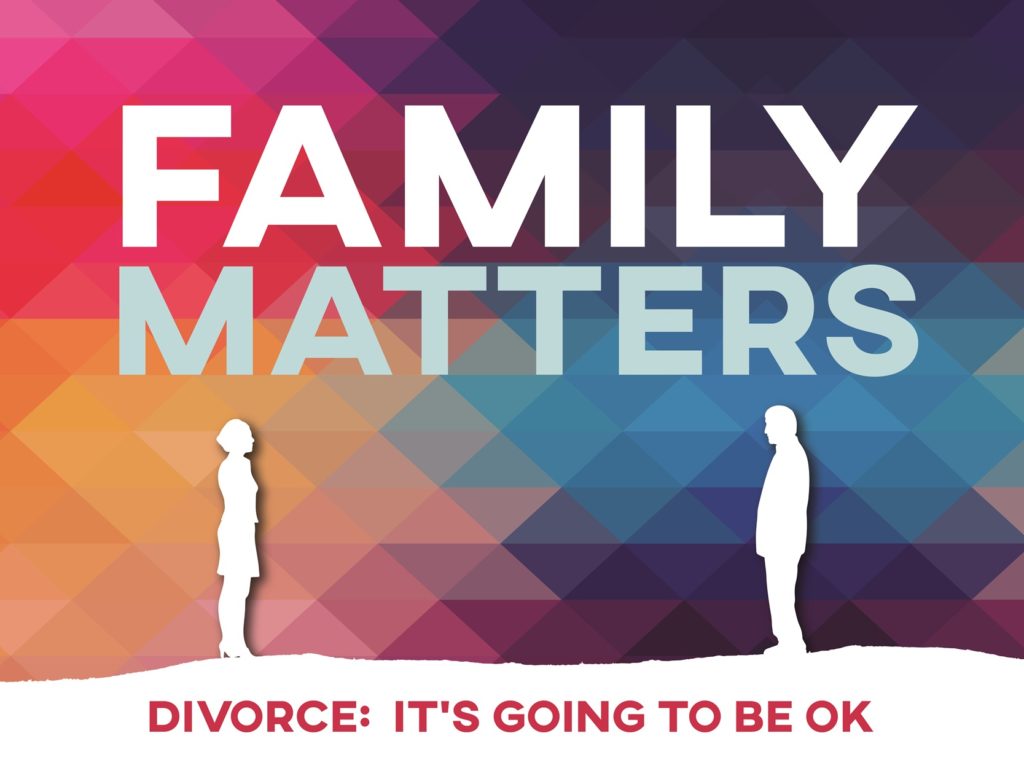“A truth, a doctrine, or a religion needs no space for itself. They are disembodied entities. They are heard and learned and apprehended and that is all. But the incarnate Son of God needs not only ears and hearts but living people who will follow him. That is why he called his disciples into a literal, bodily following and thus made his fellowship with them a visible reality.” ~Dietrich Bonhoeffer
Ours is an incarnational faith, not a disembodied abstraction. That’s how our God works in us and through us for the sake of the world. People don’t get agitated over what they can’t see. People don’t risk their lives for invisible concepts. Only a visible flesh-and-blood people church works, because salvation is not a one-time, single event. Salvation is not just having your name moved from the “unsaved” column to the Book of Life when you’re baptized. Salvation is restoration, reconciliation, transformation, and healing. Yes, it starts by being united to the life, death, and resurrection of Jesus. But it continues — in fits and starts, off and on, usually slowly, but surely — in the Church. By looking at each other across the table during the communion meal and discerning the body. By learning how to worship and serve together. By practicing love and mercy together. By forgiving others and receiving that forgiveness. By experiencing acceptance and belonging.
You can’t get that from an ideal concept or an abstract theology. You can only feel that and experience that together in a broken and messy church-people church.
So when we stand together and recite the two-thousand-year-old words of the Apostles’ Creed, we can say we believe in the holy, universal Church. We believe that in this place, in this assembly, God is at work. We don’t believe in the Church; the Church is not the object of our faith. But we do believe that in this congregation, whenever we come together, the Holy Spirit’s saving, sanctifying, transforming work is taking place.
“The body is a unit, though it is made up of many parts; and though all its parts are many, they form one body. So it is with Christ. For we were all baptized by one Spirit into one body — whether Jews or Greeks, slave or free — and we were all given the one Spirit to drink. Now the body is not made up one part, but of many… In fact, God has arranged the parts in the body, every one of them, just as he wanted them to be… Now you are the Body of Christ, and each one of you is a part of it.” ~1 Corinthians 12
Our Father brought the Church into the world the same way he brought our Savior into the world: by a miracle. The miracle of the Church is every bit as miraculous as the birth of Jesus. The Holy Spirit descended on Mary in the Galilean village of Nazareth. Thirty-something years later, that same Holy Spirit of God descended upon 120 men and women praying in an upper room in Jerusalem. Mary was with them. The first Holy Spirit conception gave us Jesus as a person. The second Holy Spirit conception gave us the Church, Jesus as a people.
It was a miracle that didn’t look that grand or important. God was working in and through the powerless, the vulnerable, the weak. Not very different from any random congregation you might look up today. Just like your church. And mine. A group of people who are not wise by human standards, not influential, not of noble birth; just weak and lowly flesh-and-blood people.
“Now to him who is able to do immeasurably more than all we ask or imagine, according to his power that is at work within us, to him be glory in the Church and in Christ Jesus throughout all generations, for ever and ever! Amen!” ~Ephesians 3:20-21
Peace,
Allan






Recent Comments